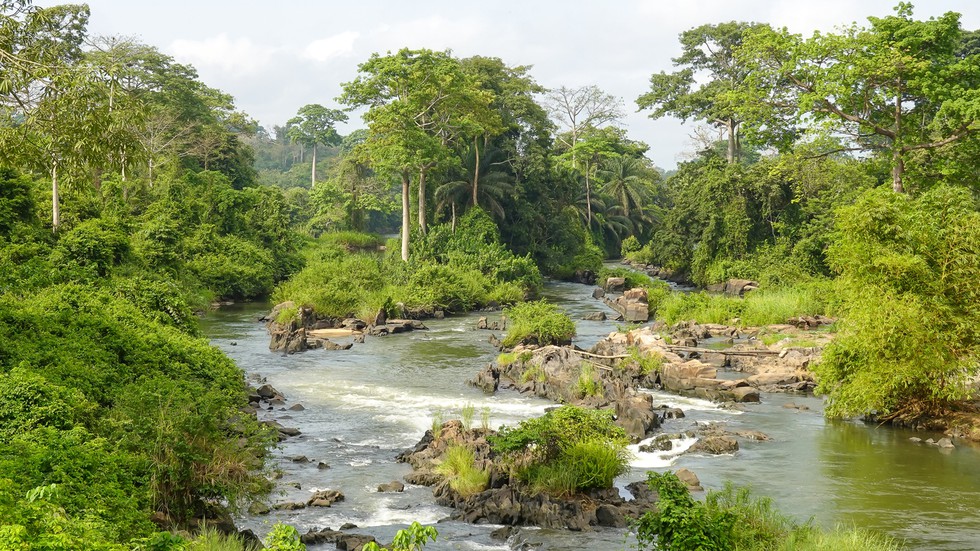About UN Water Convention:
- It is also known as the Convention on the Protection and Use of Transboundary Watercourses and International Lakes which was adopted in Helsinki in 1992 and entered into force in 1996.
- It is a unique legally binding instrument promoting the sustainable management of shared water resources, the implementation of the SustainableDevelopment Goals, the prevention of conflicts, and the promotion of peace and regional integration.
- History
- It was originally negotiated as a regional framework for the pan-European region.
- Following an amendment procedure, since March 2016 all UN Member States can accede to it.
- Chad and Senegal have become the first African Parties in 2018.
- Iraq acceded in March 2023 as the first country from the Middle East, Namibia in June 2023 as the first country from Southern Africa and Panama in July 2023 as the first country from Latin America.
- It requires Parties to prevent, control and reduce transboundary impact, use transboundary waters in a reasonable and equitable way and ensure their sustainable management.
- Parties bordering the same transboundary waters have to cooperate by entering into specific agreements and establishing joint bodies.
- As a framework agreement, the Convention does not replace bilateral and multilateral agreements for specific basins or aquifers; instead, it fosters their establishment and implementation, as well as further development.
- Significance: It is a powerful tool to promote and operationalize the achievement of the 2030 Agenda for Sustainable Development and its SDGs.
- The United Nations Economic Commission for Europe (UNECE), which services the UN Water Convention.
Key facts about Ivory Coast
- It shares eight transboundary river basins (Black Volta, Bia, Tanoe, Comoe, Niger, Sassandra, Cavally et Nuon) with six of its neighbours, which include Ghana, Burkina Faso, Mali, Guinea, Liberia, and Sierra Leone.
